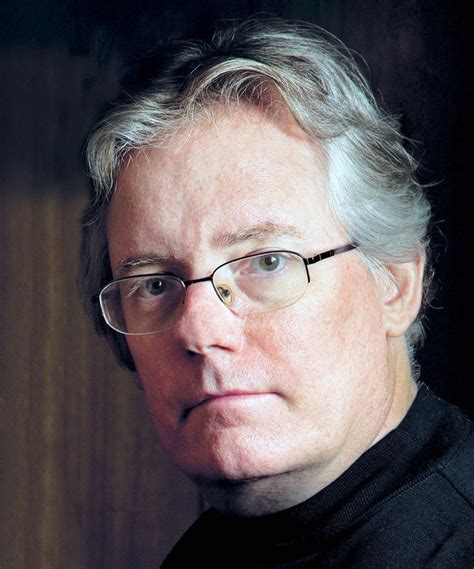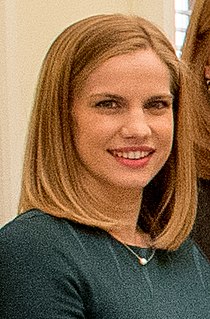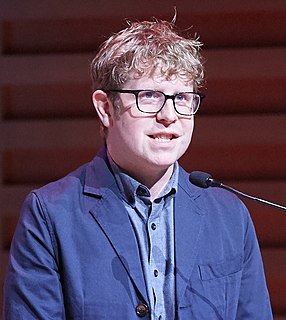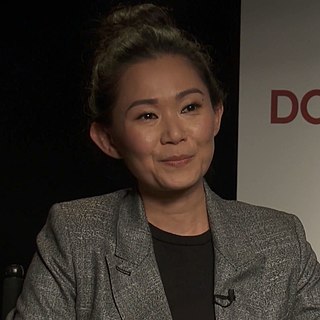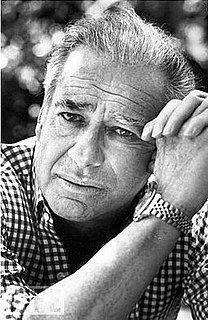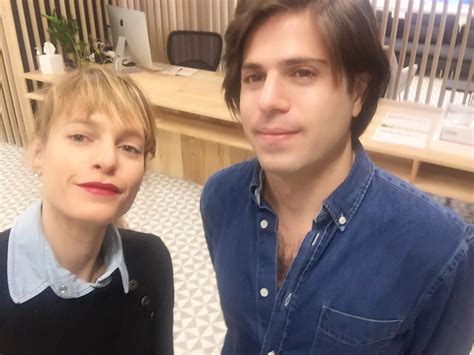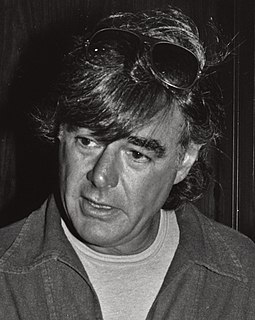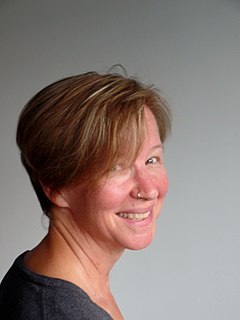A Quote by Lincoln Child
My first job out of college was as an editorial assistant in a New York publishing house. Being an editorial assistant is the purgatory would-be editors must endure before they can ascend the ladder and begin acquiring books on their own. I spent a year filing paperwork, writing copy, and typing rejection letters.
Related Quotes
I moved to London when I was 21 and I needed a job. I'd just done a year working in Waterstones in Manchester and I was looking for any old job. This advertisement came up for an editorial assistant on Dora the Explorer Magazine. Because I'd been working in the Children's Department in a bookshop for a year I just nailed the interview.
Before I wrote my first novel, 'The Expats,' I spent nearly two decades at various arms of publishing houses such as Random House, Workman, and HarperCollins, mostly as an acquisitions editor. But a more accurate title for that job might be rejection editor: while I acquired maybe a dozen projects per year, I'd reject hundreds upon hundreds.
I left my job as an editorial assistant with Katie Couric at CBS to start our company. I think Katie has said being at CBS was the worst time in her career. They were cutting back their news and interactive budget. I just had this very distinct feeling that I wasn't in the spring of something: I was in the late fall.
As with many teens, my first jobs included babysitting and mopping floors at McDonald's. Since then, I've held jobs a diverse as selling used cars, selling apparel, cosmetics, and real-estate, substitute-teaching six graders, teaching undergraduate creative writing, and working as an editorial assistant for a literary magazine.
It's important to understand it's OK to control the subject. If most editorial stories were photographed just as they are, editors would end up throwing most in the waste basket. You have to work hard at making an editorial picture. You need to re-stage things, rearrange things so that they work for the story, with truth and without lying.
